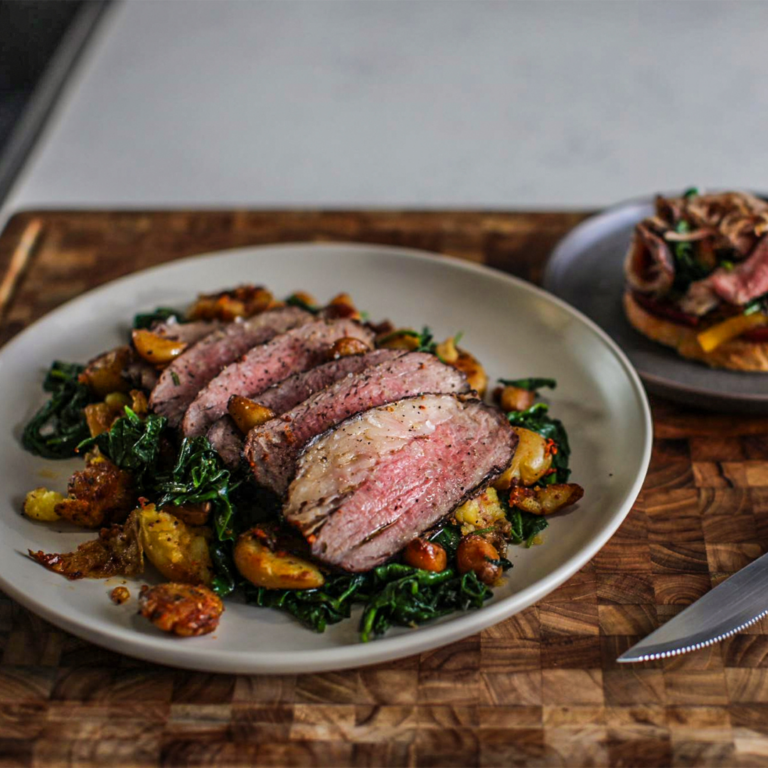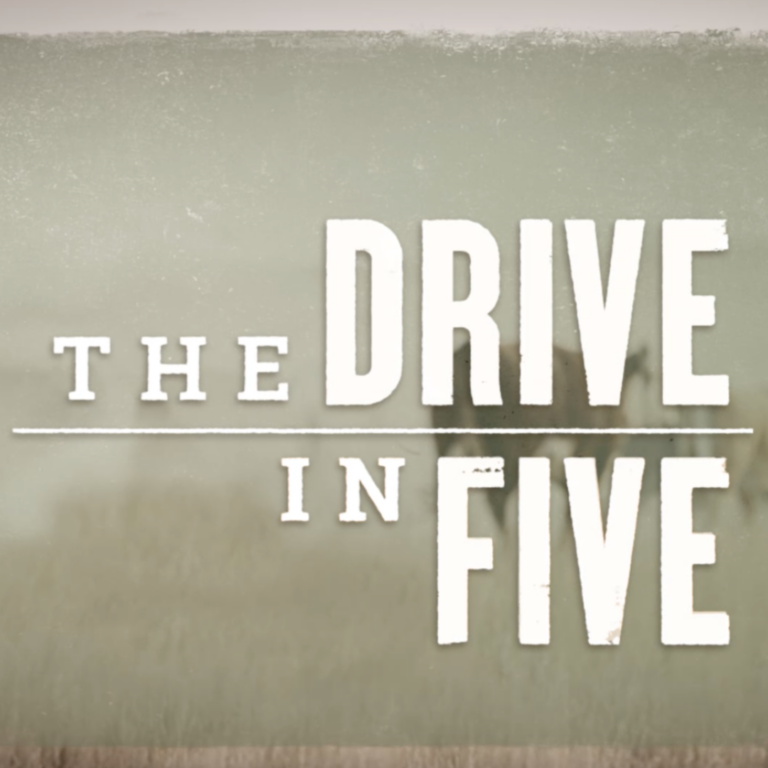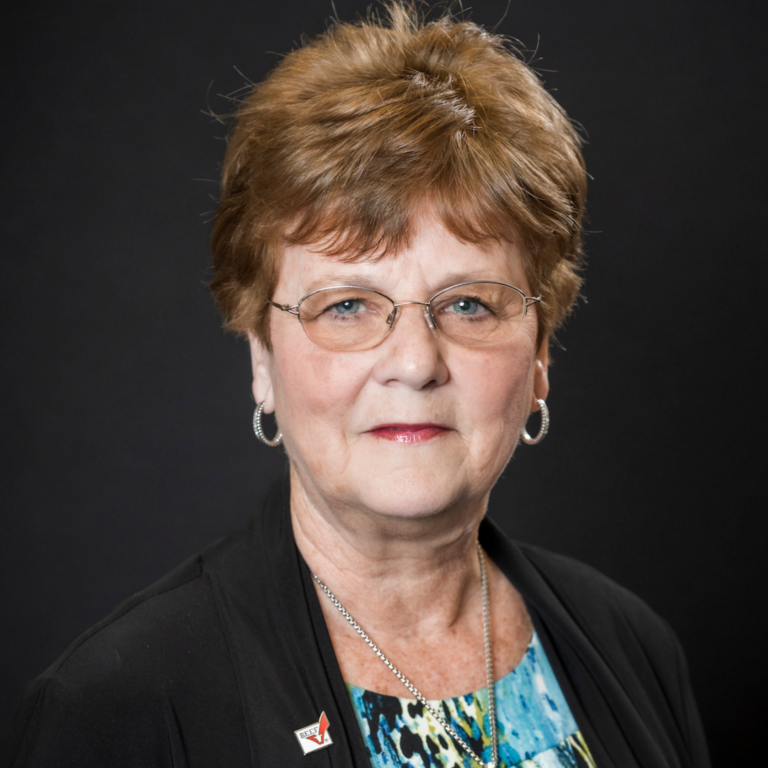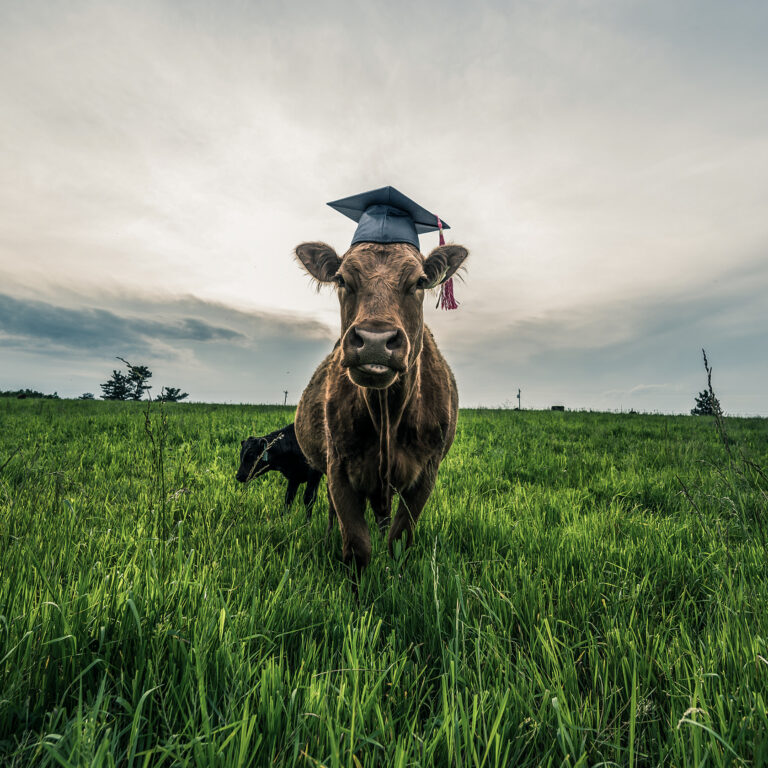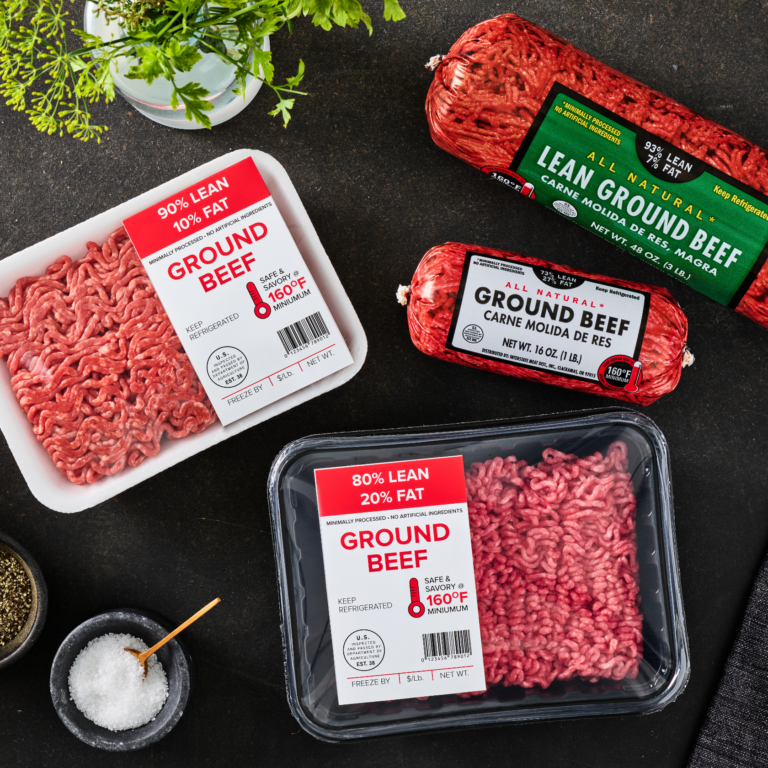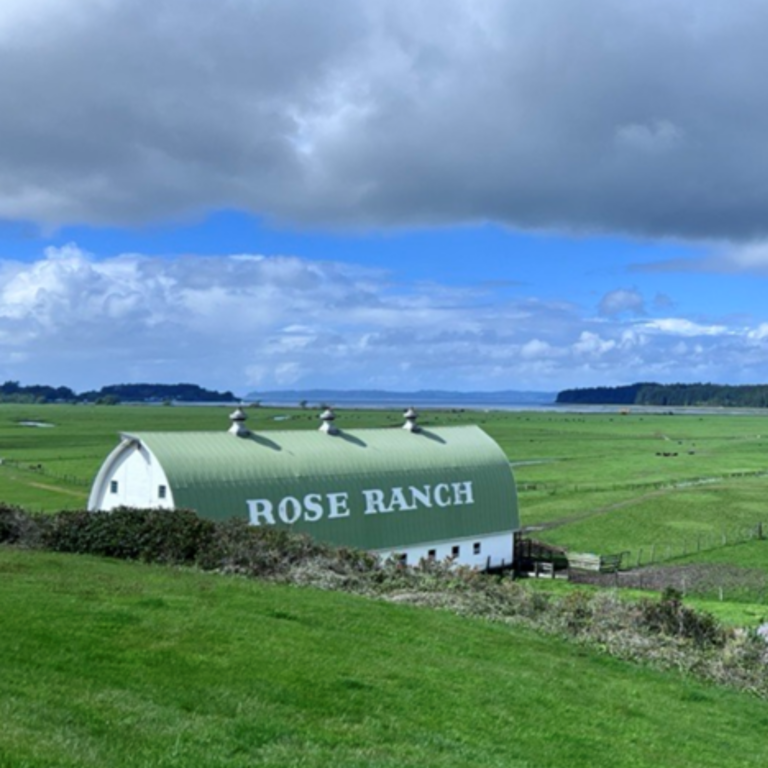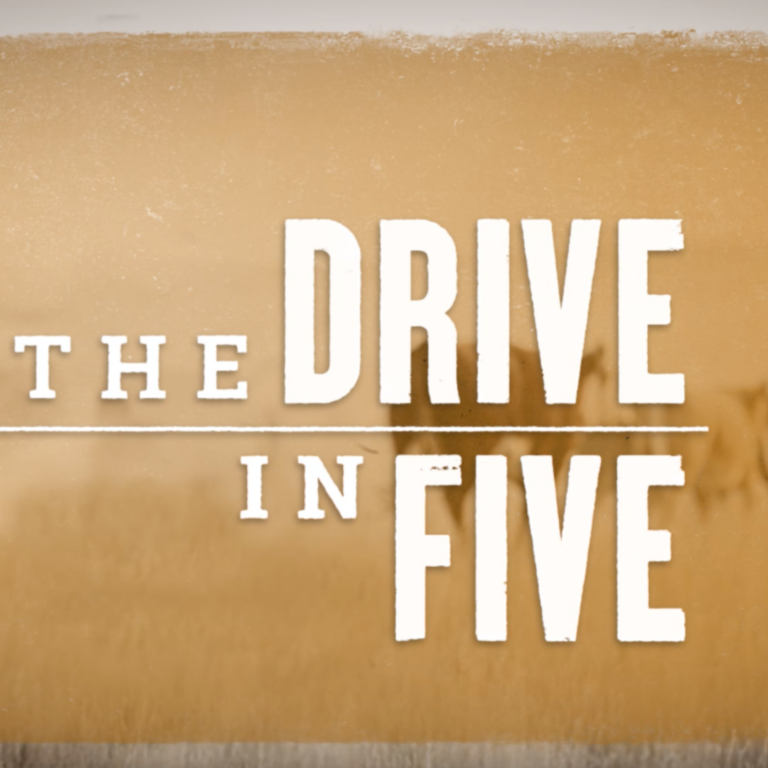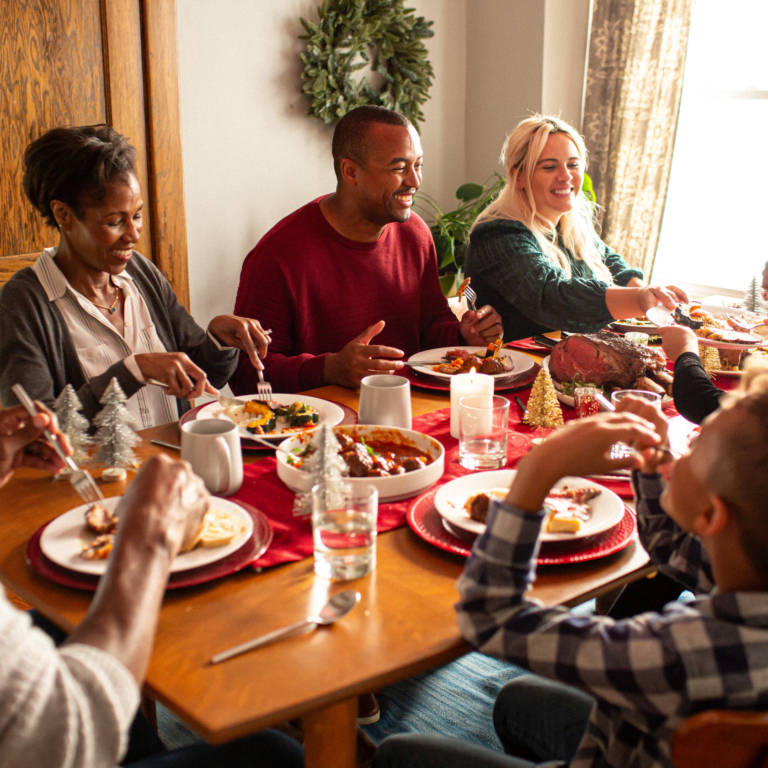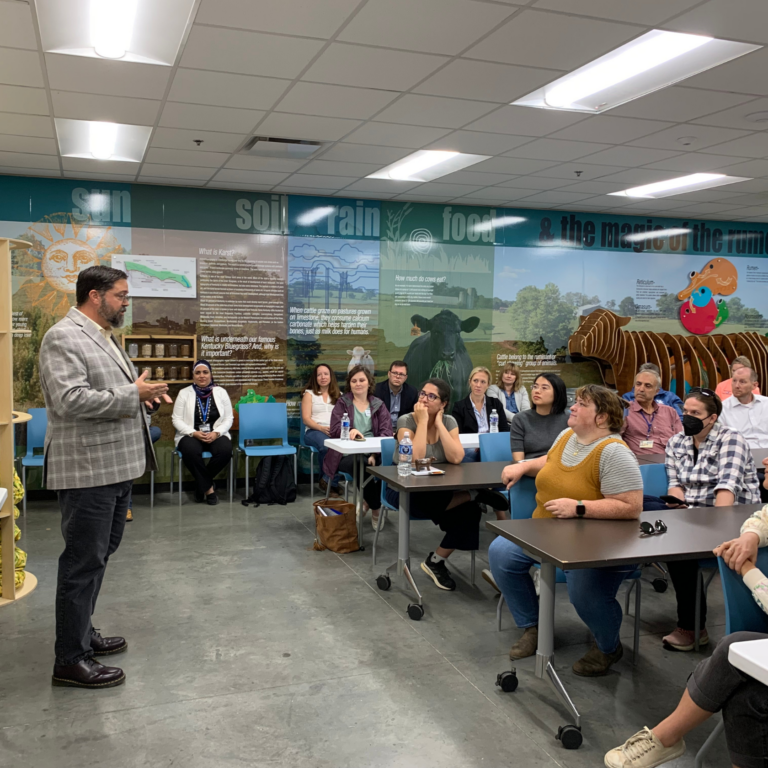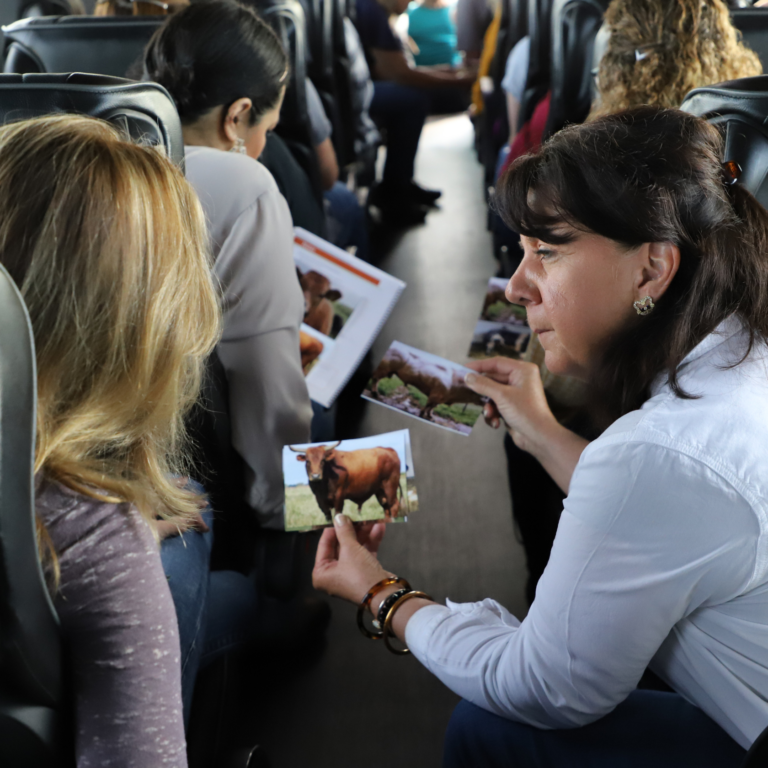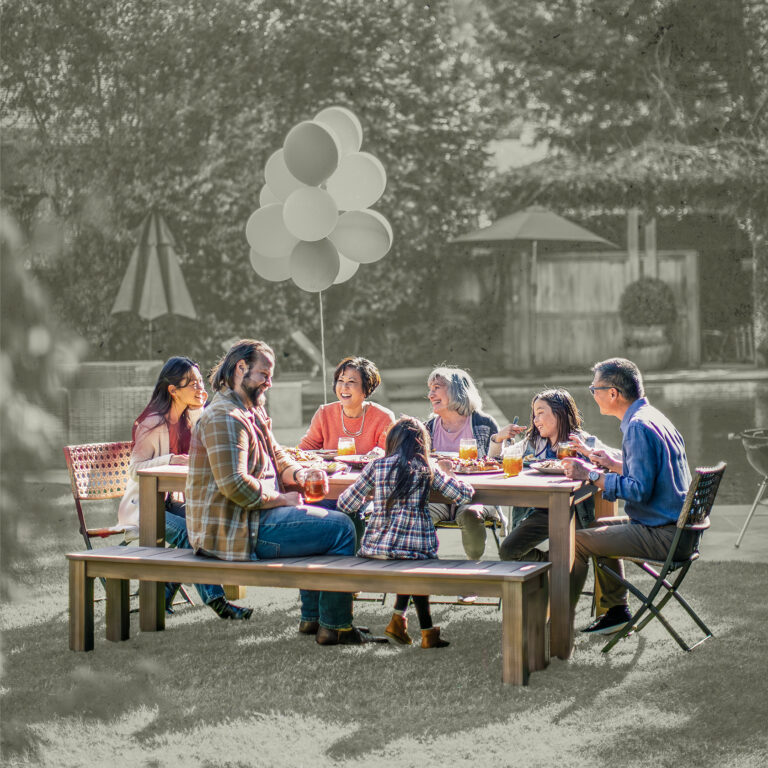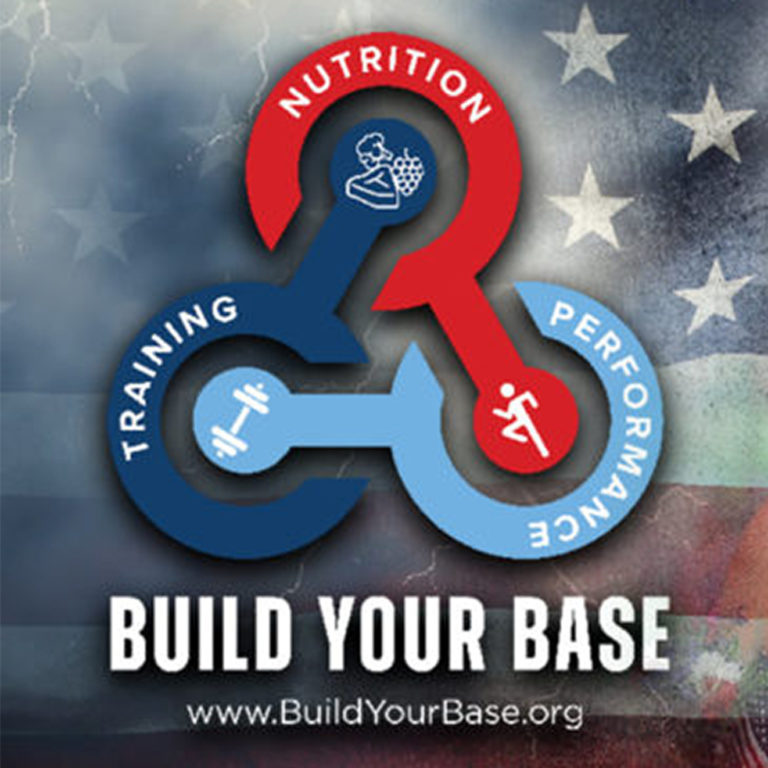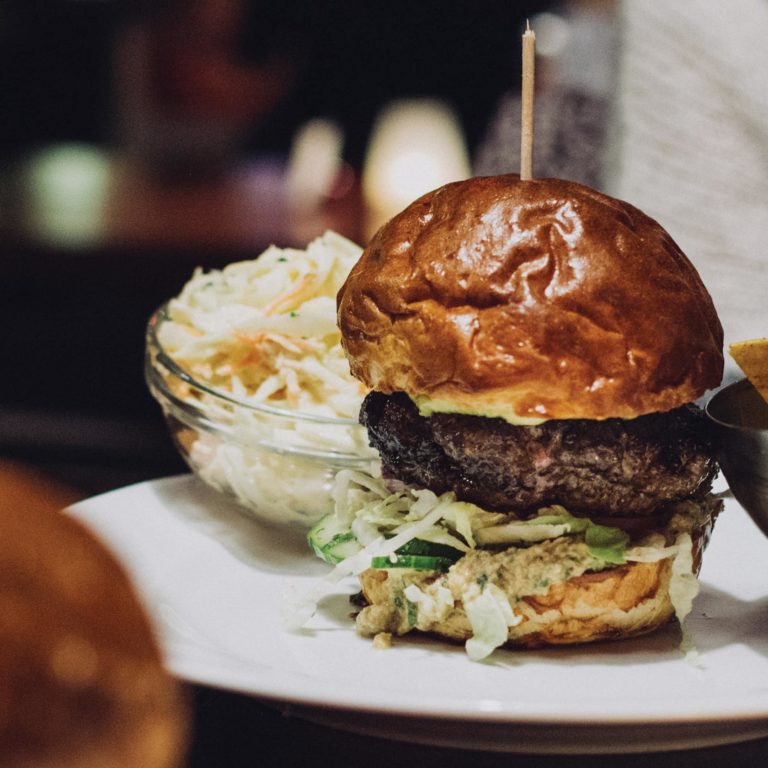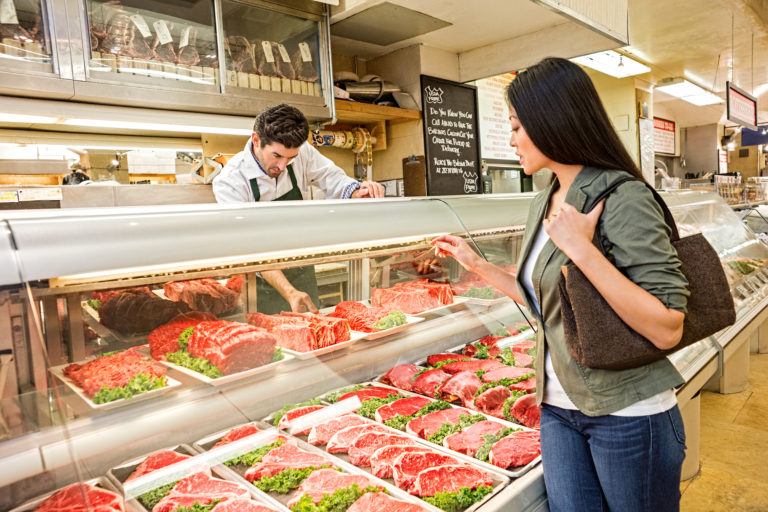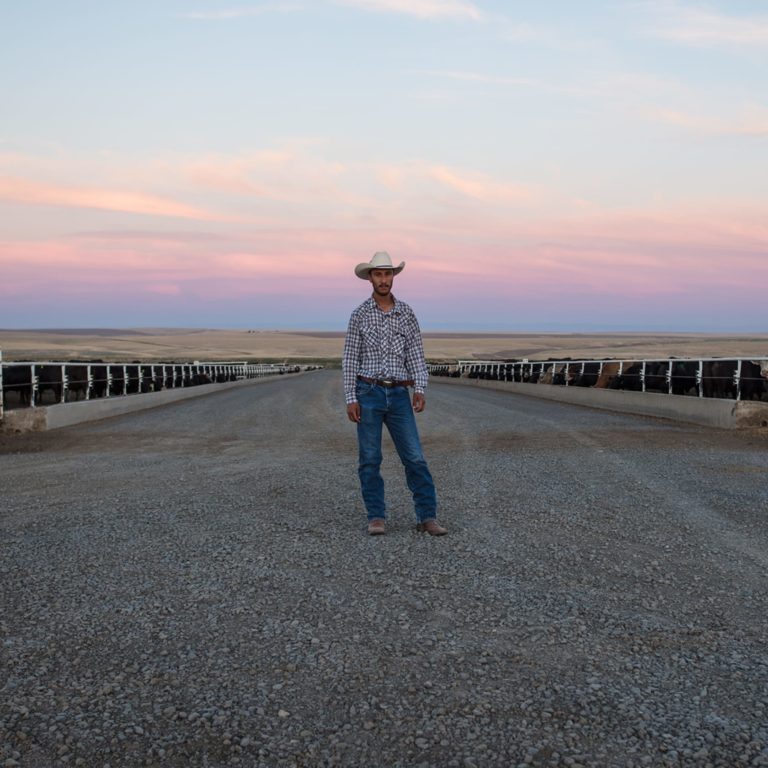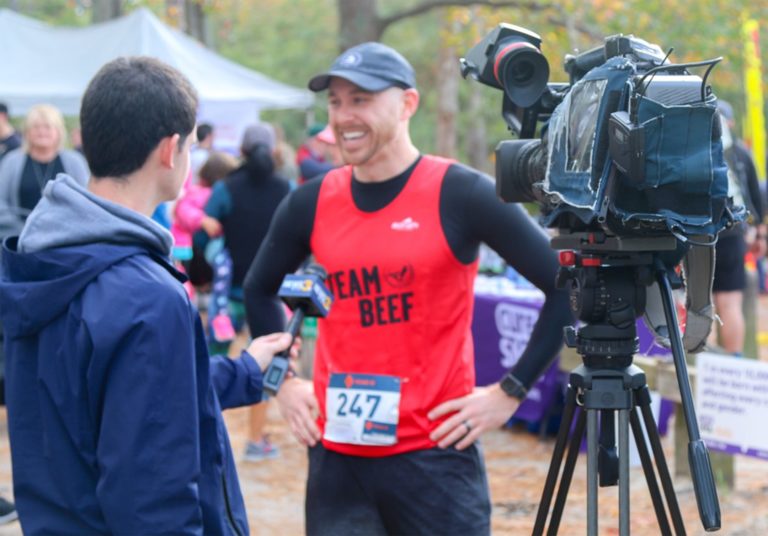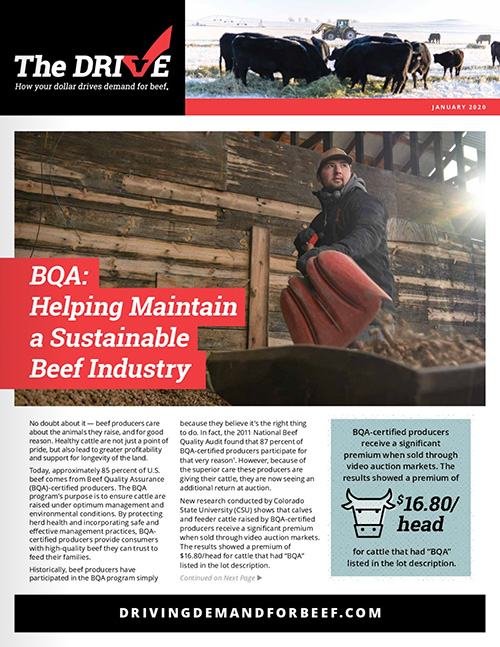Cattle, Commitment and Community
My husband Craig and I are the fifth generation of the Moss family to farm and feed cattle here in Northwest Iowa. His parents, Arlan and Ruth, continue to work with us on the operation, and our two boys, Merritt (11) and McCoy (9), also pitch in as needed.
Years ago, a life-changing college internship with the Mississippi Beef Council launched me into the beef business. From there, I became even more engrained in the industry as part of the Montana Beef Council. I gained a lifelong passion for the beef industry, and I saw firsthand how important it is for producers to step up and become leaders. My husband currently serves as the Northwest Regional Vice President for the Iowa Cattlemen’s Association, and I became a member of the Cattlemen’s Beef Board – the governing arm of the national Beef Checkoff program – earlier this year. It’s been an eye-opening experience.
You may know that the Beef Checkoff drives demand both here and internationally through various promotional efforts. However, you may not realize the Checkoff is also constantly addressing misinformation about beef. You’ve probably seen and heard a lot of chatter about beef recently, from dietary guidelines and sustainability claims to meat substitutes and animal welfare and everything in between. Of course, much of that chatter is not factual. However, it still has the potential to affect beef purchases at grocery stores or restaurants, which impacts not just my livelihood, but that of the nearly 800,000 other beef producers in the United States today.
During my relatively short time on the CBB, I’ve learned how the Beef Checkoff actively monitors television, online and social media to discover emerging issues that could threaten consumer confidence in beef. By knowing what issues are out there in real time, the Checkoff can fund research that will help the beef industry uncover and share the facts about our product’s sustainability, nutrition, safety and quality.
Those efforts come to life through Checkoff-funded initiatives like middle and high school curriculums about greenhouse gases and cattle, attendance at New York City’s Climate Week conference and immersion events that bring inner city teachers to real farms to learn about how much we producers care for our land and cattle.
There are partnerships with the American Heart Association to educate consumers about beef’s role in a healthy diet, as well as programs providing health care providers with educational content through webinars, in-office visits and at professional conferences. By sharing information through both consumer and professional outreach, the Checkoff can also respond to questions about how beef compares with other proteins, including the plant-based, alternative proteins that have emerged in recent years.
I’m proud to represent Iowa producers on the CBB. I now have the opportunity to share cattle producers’ perspectives from right here in Northwest Iowa with the rest of the country. And I know the Beef Checkoff will continue to focus on funding projects that have a tremendously positive impact on the American beef industry.
Not everyone is aware of how the Checkoff works, and that’s why I encourage my fellow producers with questions to get involved. Go to the meetings – they’re open to all producers. Come chat with me as one of your state’s CBB representatives. It’s by making our voices heard that we get the most value from this program we help fund.
The Beef Checkoff program was established as part of the 1985 Farm Bill. The checkoff assesses $1 per head on the sale of live domestic and imported cattle, in addition to a comparable assessment on imported beef and beef products. States may retain up to 50 cents on the dollar and forward the other 50 cents per head to the Cattlemen’s Beef Promotion and Research Board, which administers the national checkoff program, subject to USDA approval.








